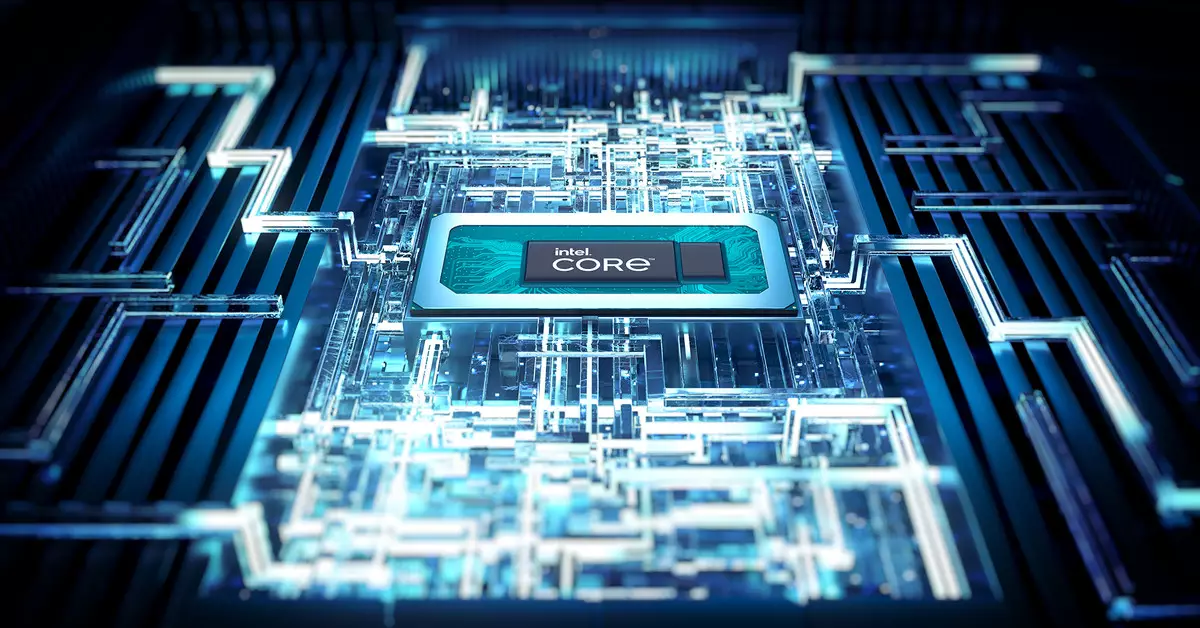Intel has recently confirmed that its 13th and 14th Gen laptop chips are not susceptible to the same permanent damage that has affected 24 different flagship desktop chips. This revelation comes after months of speculation and concern in the tech community about the potential instability issues with Intel’s chips.
Root Cause Investigation
While Intel is still investigating the root cause of the instability issues, the company’s spokesperson, Thomas Hannaford, has reassured consumers that laptop chips are not affected by the problem. In an email to The Verge, Hannaford stated that the 13th and 14th Gen mobile chips are not impacted by the instability issue, providing relief to many users who were worried about the safety of their devices.
Affected vs. Unaffected Chips
Intel has also clarified that many desktop chips are not affected by the specific voltage issue either. The 13th and 14th Gen i5 chips that are not part of the K-series, i3 chips, and Xeon chips are among those that are not affected by the problem. Additionally, Intel has provided a list of unaffected products, including 12th Gen Intel Core desktop and mobile processors, Intel Core Ultra processors, and Intel Xeon processors.
Although most Intel Core 13th and 14th Gen desktop processors are not impacted by the instability issue, Intel recommends that users ensure their systems are running the latest BIOS updates. Users can check for updates through Intel’s Compatibility Tool or their motherboard manufacturer’s website. By following Intel’s recommendations for utilizing the default settings for their processors, users can reduce the risk of any potential issues.
Looking ahead, Intel has assured users that its future chips, including those on the Arrow Lake and Lunar Lake architectures, will be protected against the instability issue. The company is taking proactive measures to prevent any similar issues from affecting its upcoming product families, providing peace of mind to consumers.
For those who have already experienced damage to their i9, i7, or K-series i5 desktop CPUs, Intel and PC manufacturers are offering a two-year warranty extension to cover any issues related to the instability problem. If you believe your CPU has been permanently damaged, it is recommended to contact Intel or your PC builder immediately to arrange for a replacement under the extended warranty.
Intel’s confirmation that its 13th and 14th Gen laptop chips are not affected by the instability issue provides reassurance to users who depend on these processors for their computing needs. By staying informed about BIOS updates and following Intel’s recommendations, users can protect their systems and prevent any potential damage from occurring. With Intel’s commitment to addressing future chip vulnerabilities, consumers can look forward to a more secure and reliable computing experience in the years to come.

